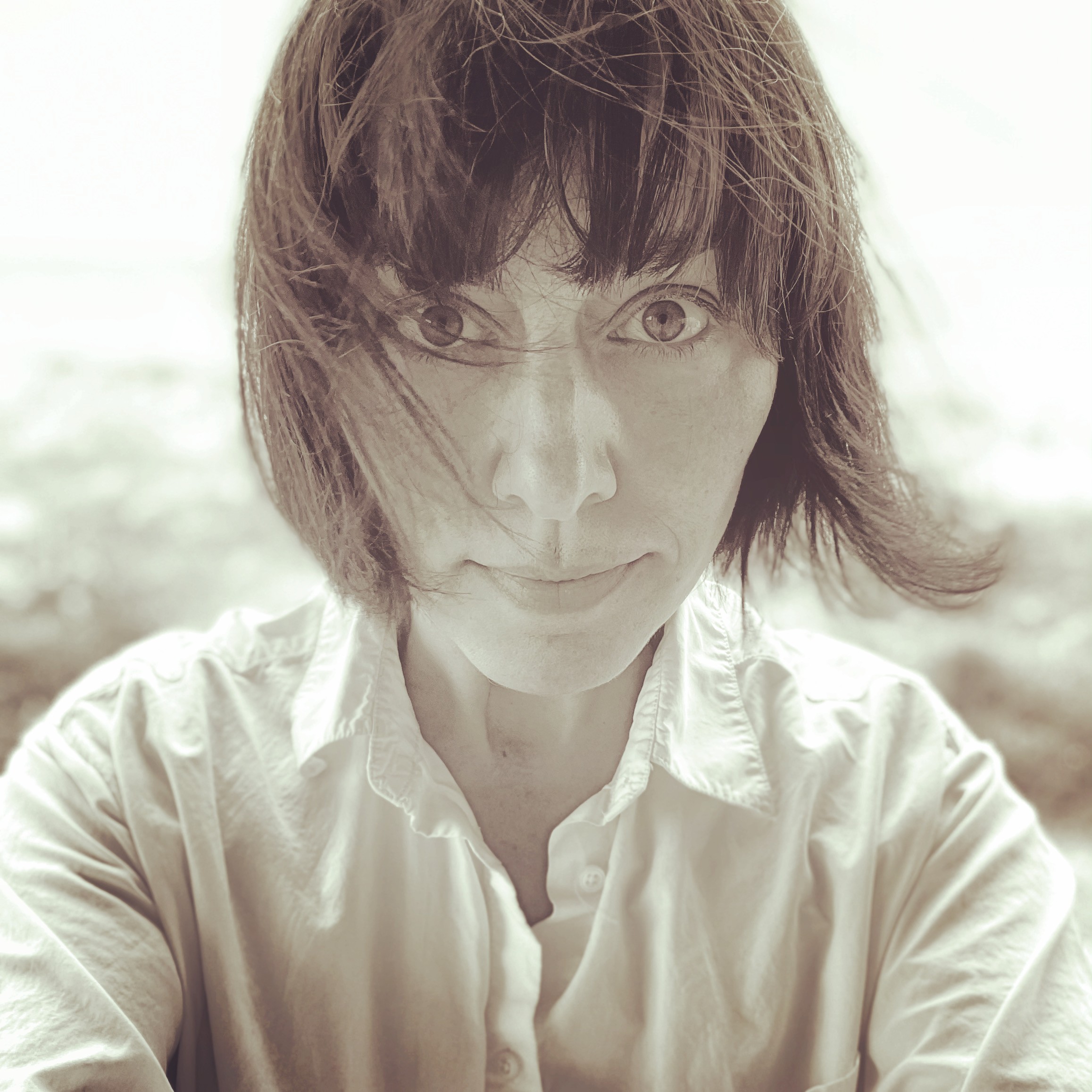We caught up with the brilliant and insightful Edith Snow a few weeks ago and have shared our conversation below.
Edith, appreciate you joining us today. I’m sure there have been days where the challenges of being an artist or creative force you to think about what it would be like to just have a regular job. When’s the last time you felt that way? Did you have any insights from the experience?
Well, I did try to have a regular job. So much so, that I have a Master’s Degree in Speech-Language Pathology (SLP). My family and my early art school educators were influencers of this. The theatre teachers at UNCSA (North Carolina School of the Arts) repeatedly warned our class that being a professional actor is absurdly difficult—if there was anything else we could do, do that instead. My family wanted me to have stability, of course, but they also knew that theatre and acting made me very happy. It was treated as something I could do while forging a career path outside of the arts.
I chose SLP after witnessing an incredible performance by the National Theater of the Deaf’s original work, “Ophelia,” and discovering Gallaudet University. My plan was to get the degree and work with performers as a voice teacher. But when I got the degree, I immediately drove up to Connecticut to audition for the National Theater of the Deaf and went on tour with their Jr. Company. It took me almost a decade to actually use that Master’s of Science Degree. I worked in restaurants, performed on regional stages, auditioned for film and television, and I was broke. And in debt for around 40k dollars in deferred student loans.
The jobs that were available to me as an SLP were not of the voice-teacher variety. Nursing homes, schools, hospitals, home health…this was where the need was in North Carolina and so I started working as a home health speech therapist with little ones and also took on a part-time job in a hospital youth therapy clinic. I love working with children—absolutely love it—hanging out with kids was the greatest part of that job for me, personally. But the monotony of all of the logistics: the early commute, the packed schedule, the constant requirement of having to BE ON really took the zip out of my step. Additionally, there were the perpetual intrusive thoughts: I should not be doing this; this is not where I need to be; I need to quit. I batted away these thoughts probably, on average, about once every half hour while I was at work. When I was not at work, I absolutely did not think about work.
I stayed in the field for six or seven years. I was sick a lot. I was tired. I started taking antidepressants. I wasn’t motivated to delve more deeply into the work. Fundamentally, I was a creative therapist and I was helping kids. This generated a sheen of nobility which felt really nice and helped me justify my staying in the field for as long as I did. But there was distortion in what I sensed because I so longed to be elsewhere.
My partner was instrumental in helping me make a shift. He gave me emotional support and assisted me financially, and I left the speech-therapy field. I took continuing ed classes in film production, audio-video editing, and directing. I landed a job as an assistant video editor, I had time to audition and perform, I started producing and directing short films, I was making money as a voice over artist and the patchwork of my freelance career that I now maintain and continue to expand, began to thread itself together and emerge as something tangible and so satisfying.
Am I happy now? Oh yes, I am! When I wake up in the morning and think about the list of things to do for the day, a wave of relief washes over me and I cannot believe my luck. But then I think: I did this—with some help, of course. But it really wasn’t luck at all.
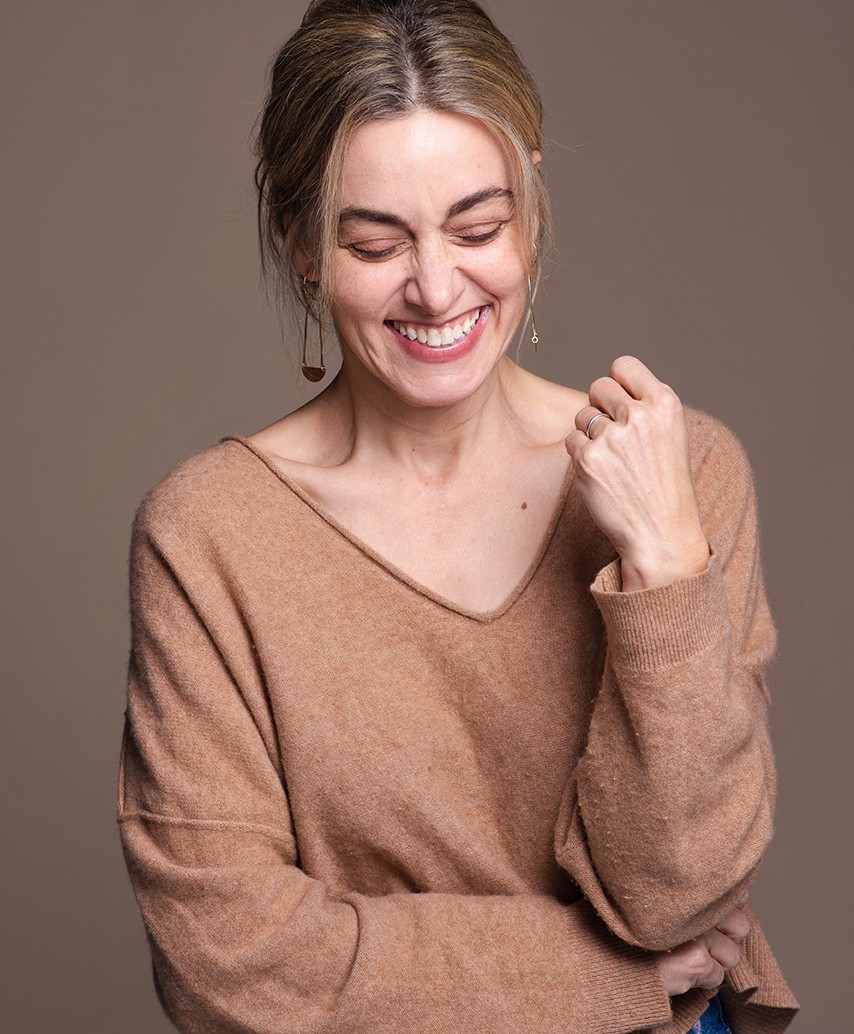
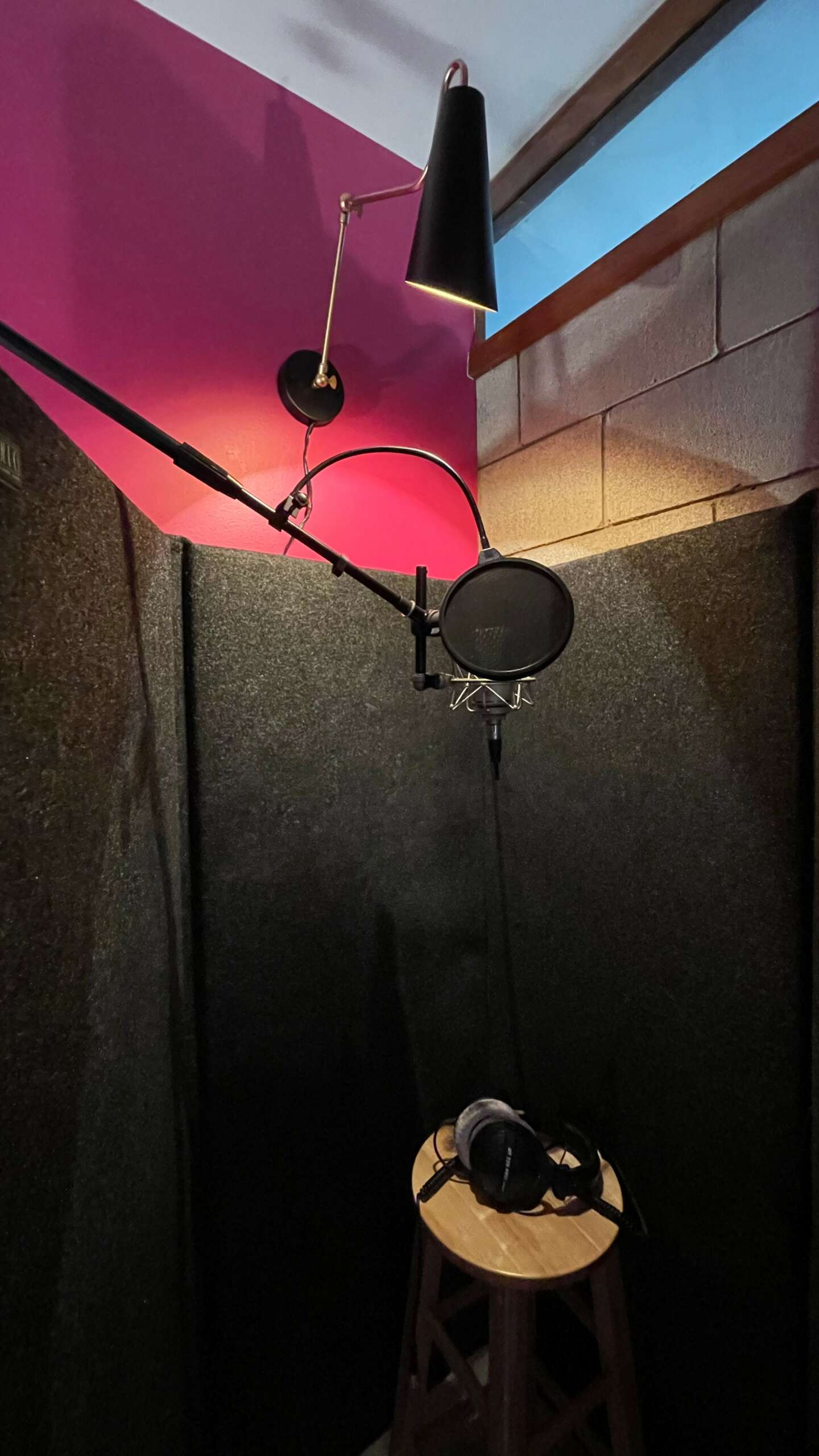
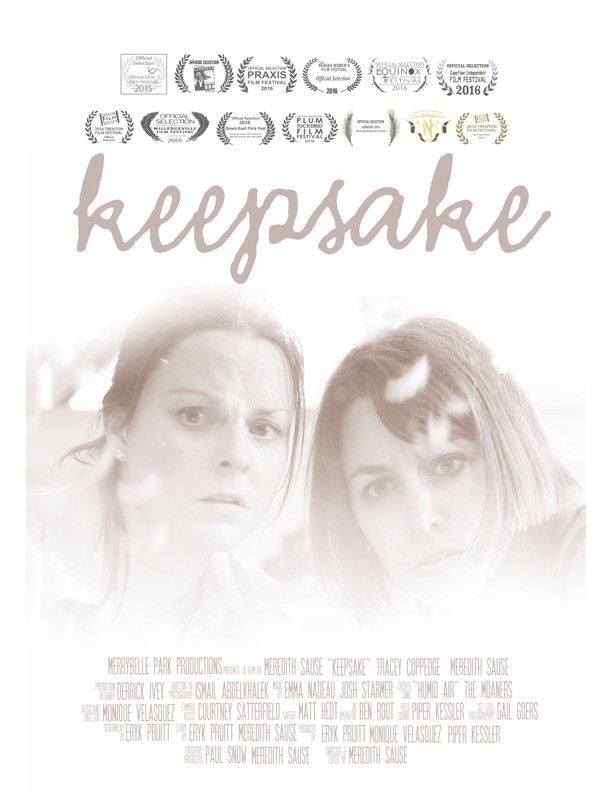
Edith, love having you share your insights with us. Before we ask you more questions, maybe you can take a moment to introduce yourself to our readers who might have missed our earlier conversations?
I knew I wanted to be an actor when I was five years old, and I was embarrassed to tell anyone. Formal training began my senior year of high school at The University of North Carolina School of the Arts—which was in my hometown. I remember they had this brochure advertising the college program with a group of actors sitting in profile, heads turned to the camera, wearing all black with white masks on their faces. And the header was something like: “Do you want to be a star? Join the crowd.” At that time, I hadn’t contemplated the facets of “star,” but I knew that when I saw a play I wanted to be on that stage with those actors doing what they were doing. And when I saw a movie that I loved, I yearned to be in it. And I knew I needed to find out how it was done.
So, I had to really push to make it known to my family that this is what I was going to try to do, but that was daunting at first. I was sixteen. I had no family mentors working in the arts. My grandmother thought my education should be in some sort of service field. (How could being an actor be of service to anyone??) I filled out the application for the UNCSA High School pre-professional program without telling anyone. I had to submit a headshot, so my friends came over and snapped some photos of me with my stepdad’s Pentax. That clued my mom into what was up and she was worried about how I’d handle the rejection.
Looking back, I am so proud of that young girl who went after an arts education; she was brave.
As an adult, I still seek out training and roles as an actor, but my work has expanded into the technical arts of filmmaking (audio and video editing), as well as song writing/recording, I also produce local theater and film. In March of 2024, I am opening up my home studio to fellow actors who need coaching or taping services in the area.
What I hope to do is create a warm and relaxed atmosphere to foster a superb audition that an actor feels happy about sending off into what sometimes feels like the ether—because we often don’t have any feedback about the work (the audition) we’re making in order to get the job. And it IS work. It takes time, energy, and honed skills. There is so much self-doubt and rejection that comes with being an actor and it is rough on the psyche. My mission as an audition coach is to help the actor achieve something they love so much, that whether or not they get they part, they still know it is a fantastic audition.
I often describe Merrybelle Park Productions as “patchwork” or “cobbled,” but how the structure of my business has come to be actually feels very organic to me and I’m totally digging this assortment-lifestyle.
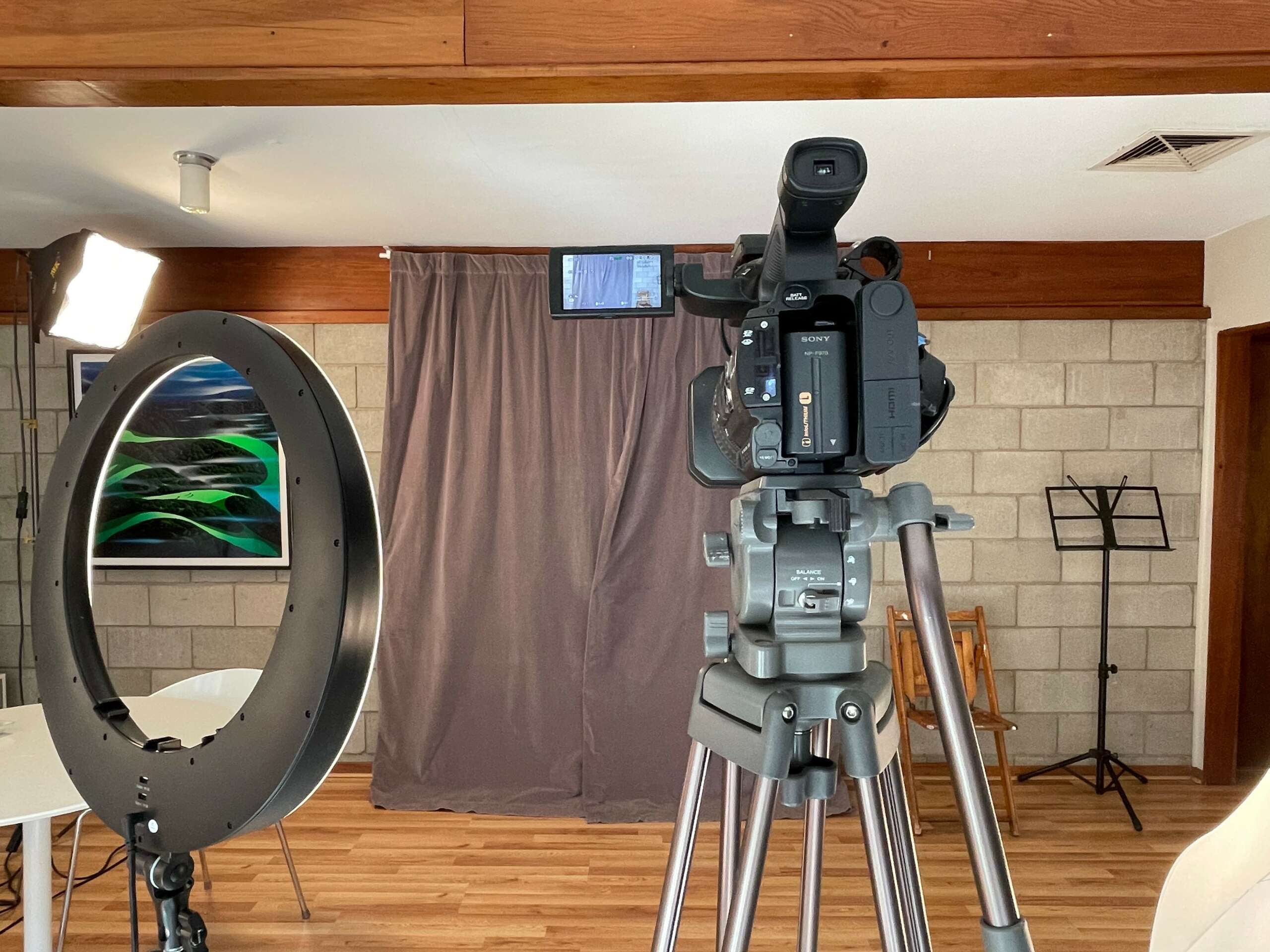


We often hear about learning lessons – but just as important is unlearning lessons. Have you ever had to unlearn a lesson?
When you are an actor who is regularly auditioning for film and television but not booking jobs for years at a time, it can do a number on you—your self-esteem, your belief that you have something to offer, ideas about how you appear physically. And I began telling myself these stories about how stuck I was. STUCK. It’s one of those words that sounds like what it means. The story-telling is a learned coping mechanism—a way to protect from the sting of rejection. And I kept saying this…to myself, to my partner, to my friends. I’m STUCK. And then I said it to a teacher in an online class that I took during the pandemic. (Cat Dyer at Drama Inc—she’s quite wonderful.) And she just said, “Stop.” And basically told me, that what I was saying isn’t true. There is always movement. And there is no benefit in saying that I am stuck or even thinking it. And that was all I needed to hear to shatter that particular story pattern and develop an awareness of it. STOP. Following that event, whenever the “stuck-story” popped into my head, I recognized it and let it go. That story and the negativity surrounding it faded away. And within the year, I booked a part on Marvel’s ECHO that is now airing on Disney+.

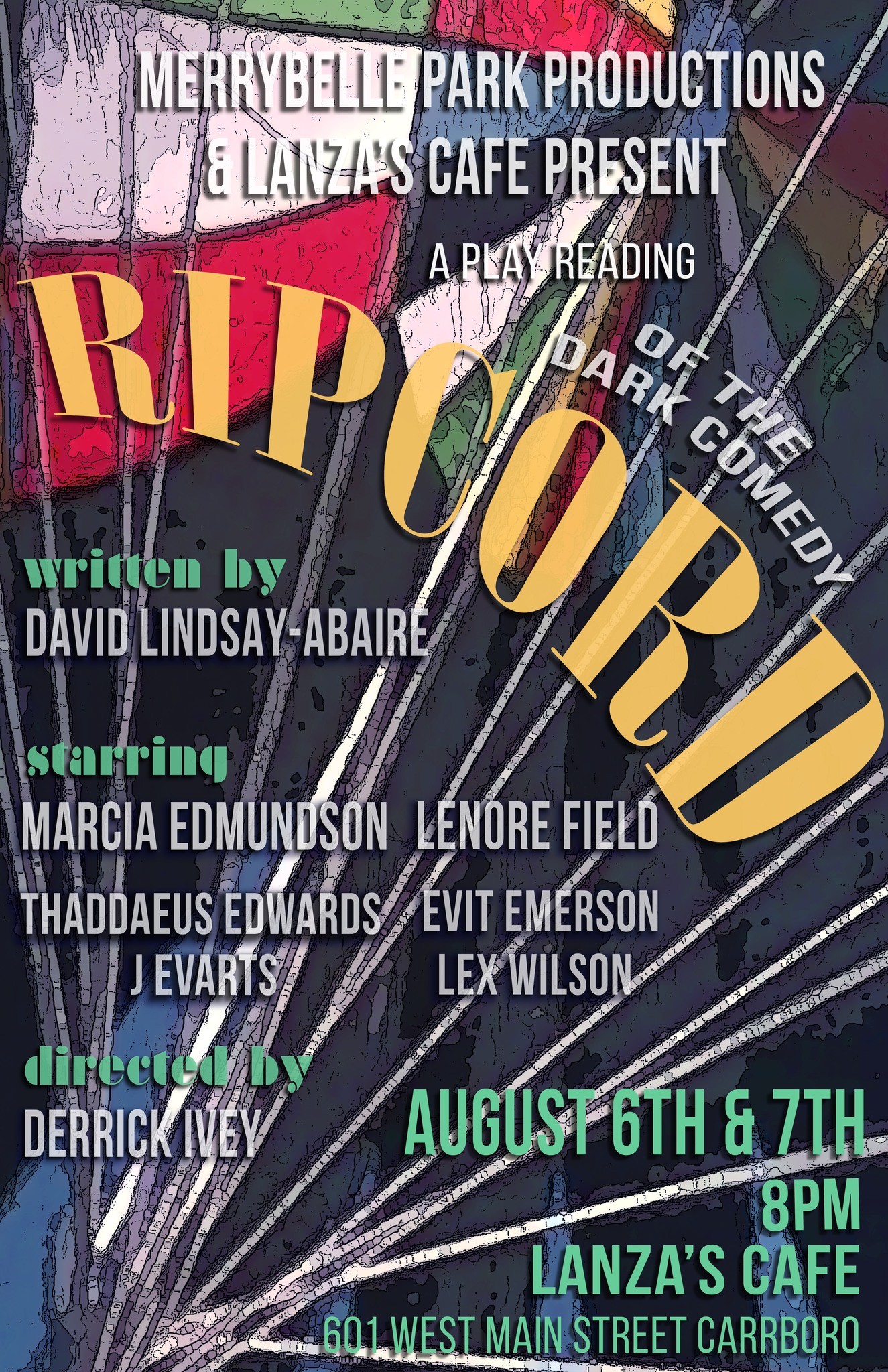
Are there any books, videos, essays or other resources that have significantly impacted your management and entrepreneurial thinking and philosophy?
The Creative Act: A Way of Being by Rick Rubin. Early in this amazingly insightful book, he talks about how we, as artists, receive the seeds for an idea from the universe. And his theory is that the idea is showing up in our minds because it is the idea’s time. If you have an idea and don’t act on it, then that idea may appear elsewhere—someone else may manifest it— not because they’re stealing it from you, but because it is time for that particular idea to surface. So, how this has changed my practice as an artist is that I’m now more attuned to recognize the ideas when they pop into my head. And sometimes, they’re so fleeting and I must scurry to jot them down. And maybe I act on them and maybe I don’t. But I now have more choices of what I may truthfully access. I stopped ignoring the ideas.
Contact Info:
- Website: https://www.merrybellepark.com/
- Instagram: @edithsnowfall
- Facebook: https://www.facebook.com/profile.php?id=100083943611954
- Linkedin: https://www.linkedin.com/in/edithsnow/
- Youtube: https://www.youtube.com/@merrybellepark/videos
- Other: https://vimeo.com/edithsnow
Image Credits
Leea Gorell AVL Headshots Ismail Abdelkhalek Edith Snow


